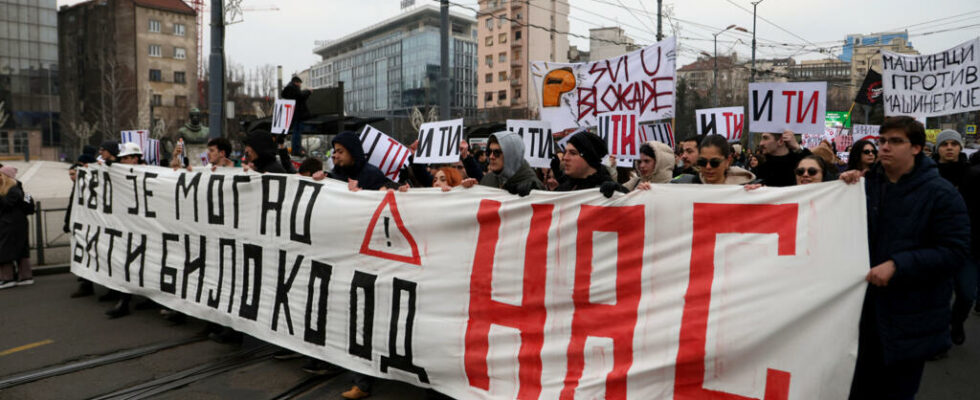After three months of demonstrations against corruption, and clashes which made several injured between students and activists of the Nationalist Party in power, the SNS, Prime Minister Milos Vacevic resigned. But it is not the end of the movement.
Serbia in boiling
Since November 1, 2024 and the death of 15 people in the collapse of a concrete awning from Novi Sad station, which had just been rebuilt, the students demonstrated almost daily against the corruption and negligence of the government. In recent days, they have also blocked roads and a large roundabout in the capital. Many citizens, and several professions joined them and responded to the calls for strike. It is an unprecedented movement for 25 years that has resigned the Prime Minister and which shares the power of the populist president Aleksandar Vucic. Report and decryption of our special envoy to Belgrade Louis Seiller.
Why does Groënland are interested in the American president so much?
Since Donald Trump declared that the property and control of Groënland were essential to the national security of UNITED STATES this ultramarin country which is part of the kingdom of Denmark is under the lights of the ramp. There is no shortage of reasons for this interest: the country occupies a strategic geographical position, the melting of ice opens new sea routes and it makes the mining treasures of its basement more accessible. Ottilia Ferey special envoy to Nuuk.
Rare earths: wealth also coveted by Europeans. These are 17 metals, with essential magnetic and optical properties for example for electric motors, Wind turbinesbut also the medical and military industry. Rare earths are an industrial issue but also geopolitical for EU. Explanations of Frédérique Lebel.
In a word: I Treni della Felicità
The trains of happiness, It is an expression that Italy has brought up to date with the recent release of the film Children’s train. Adaptation of the eponymous successful novel of the writer Viola Ardone, he tells a true story, that of Happiness trains,, I Treni della Felicità in Italian. In post-war Italy, at the turn of the 1950s, these trains took children from poor families from the south to the richer regions of the center and the north. Cécile Debarge’s account.
